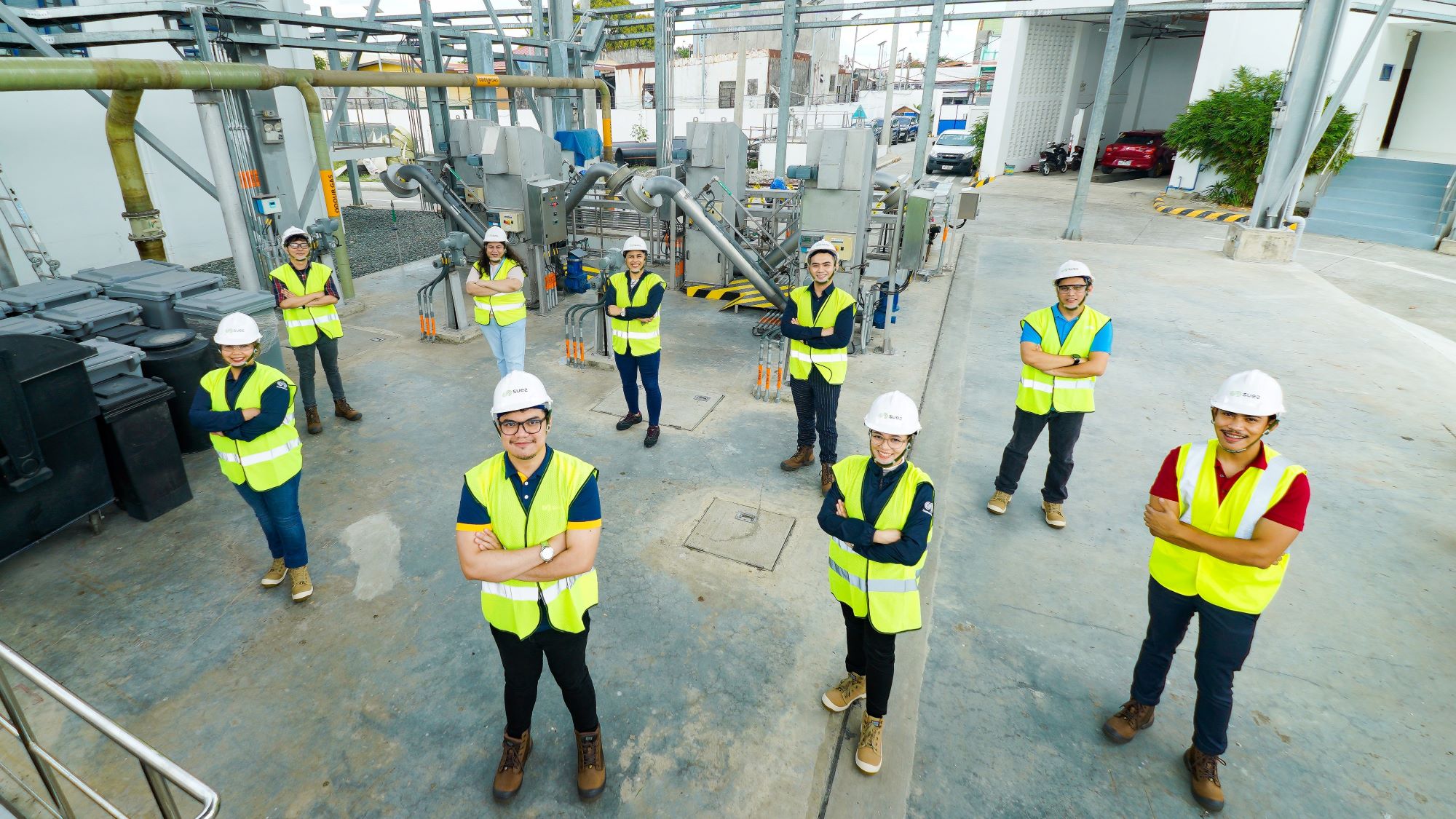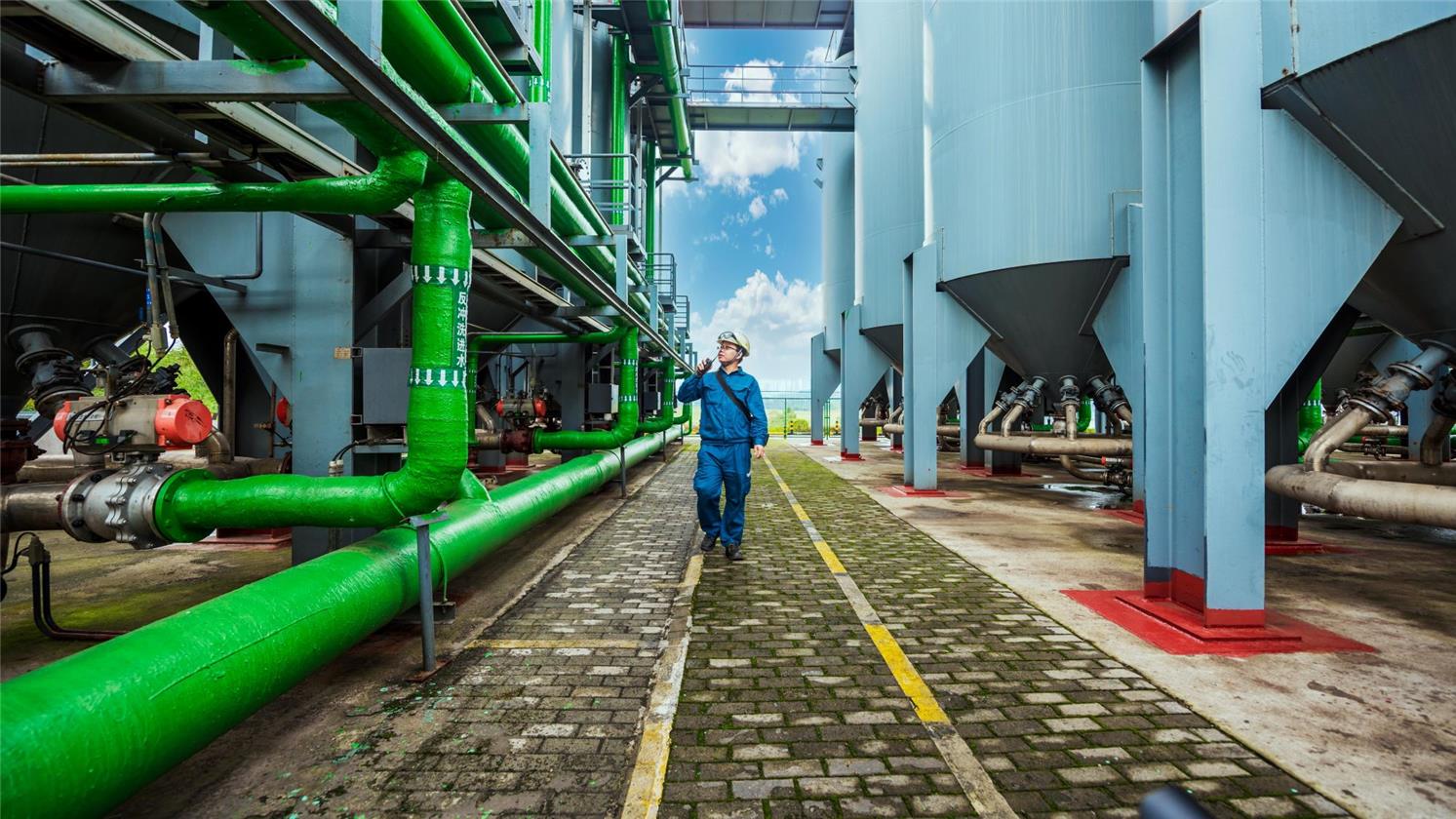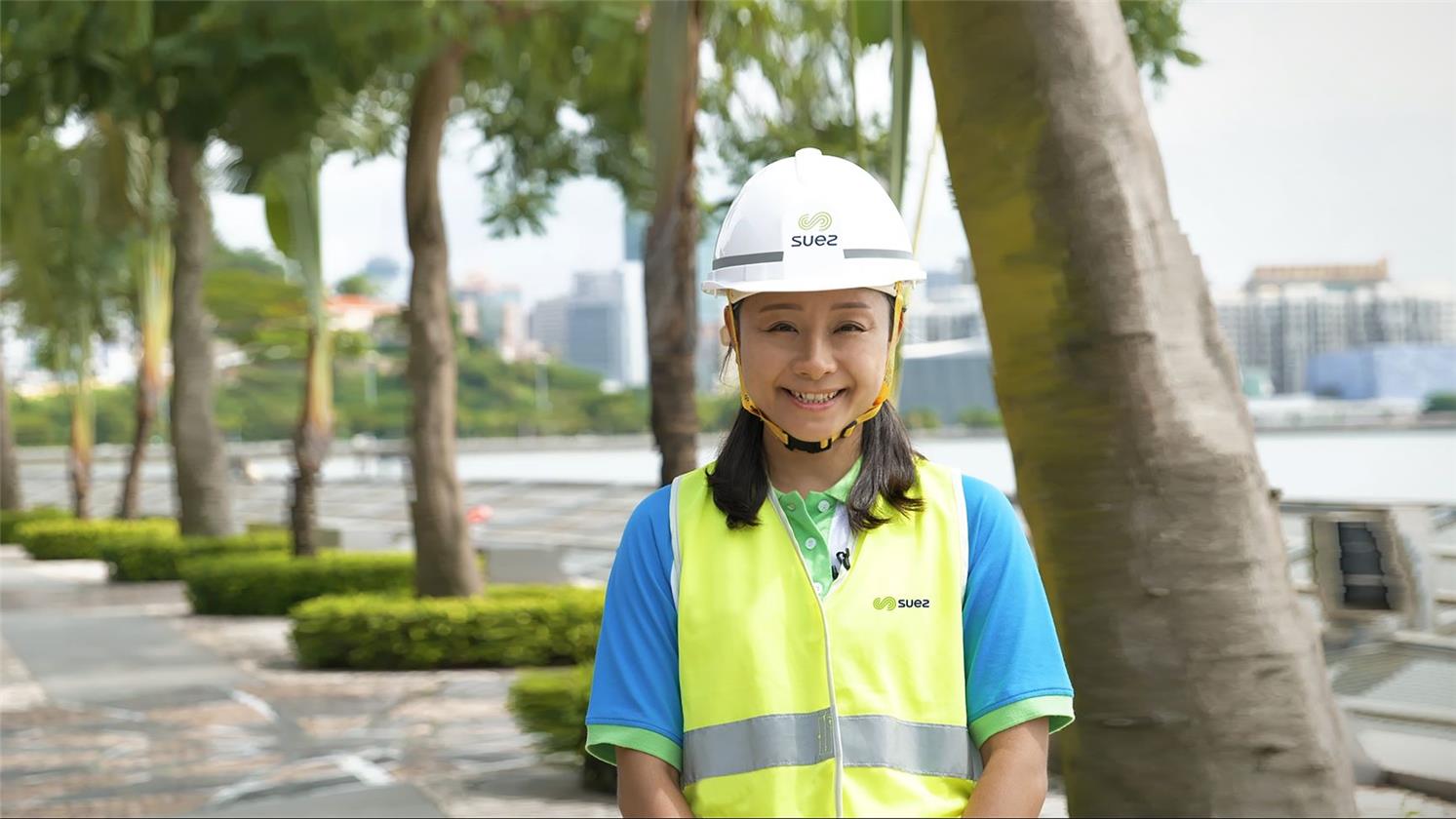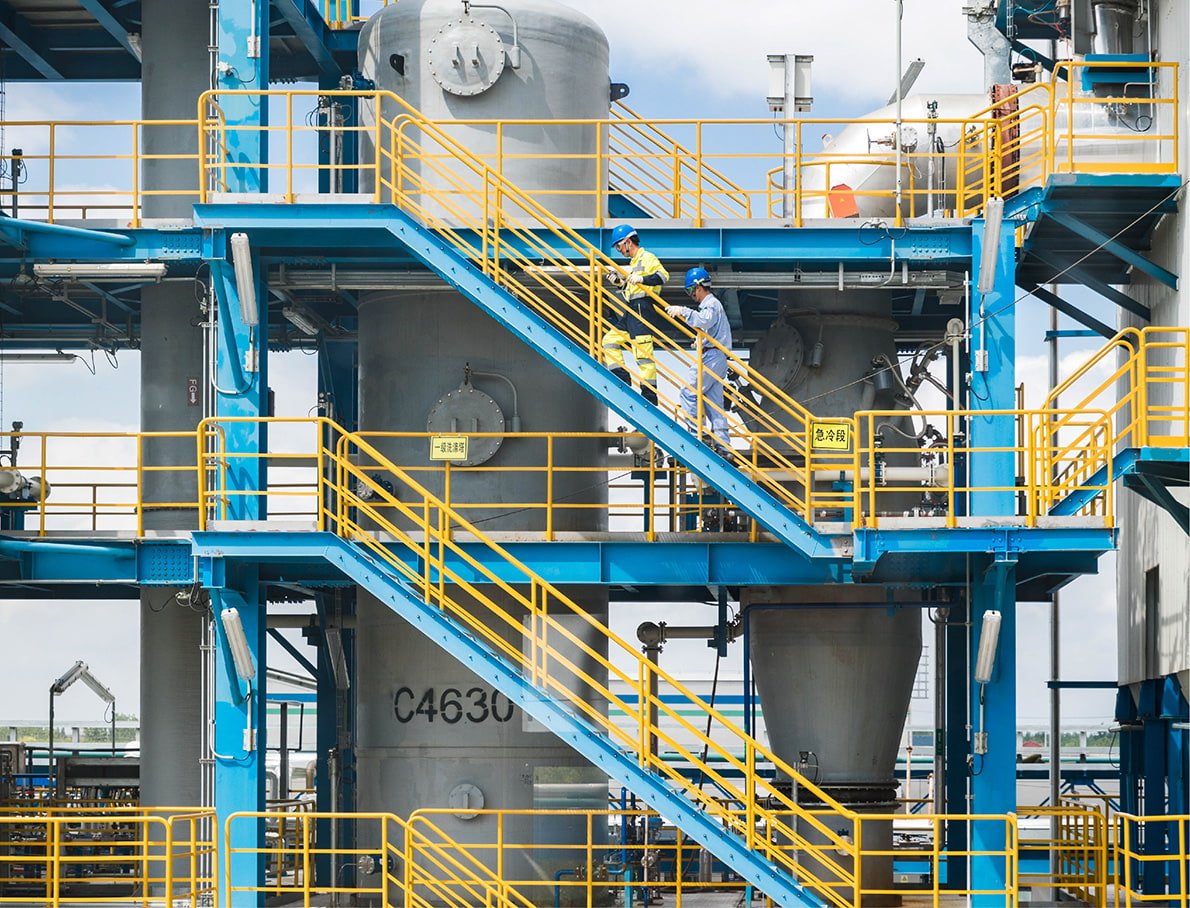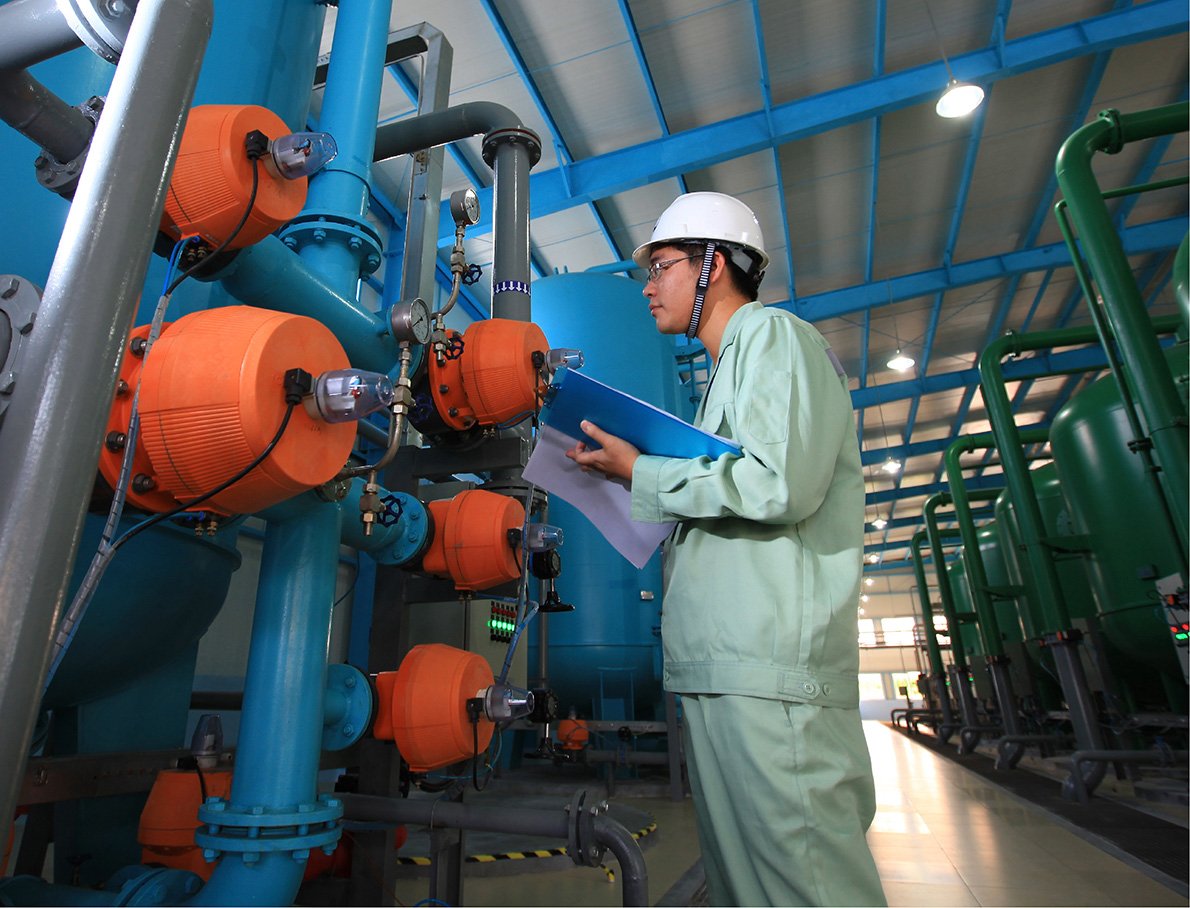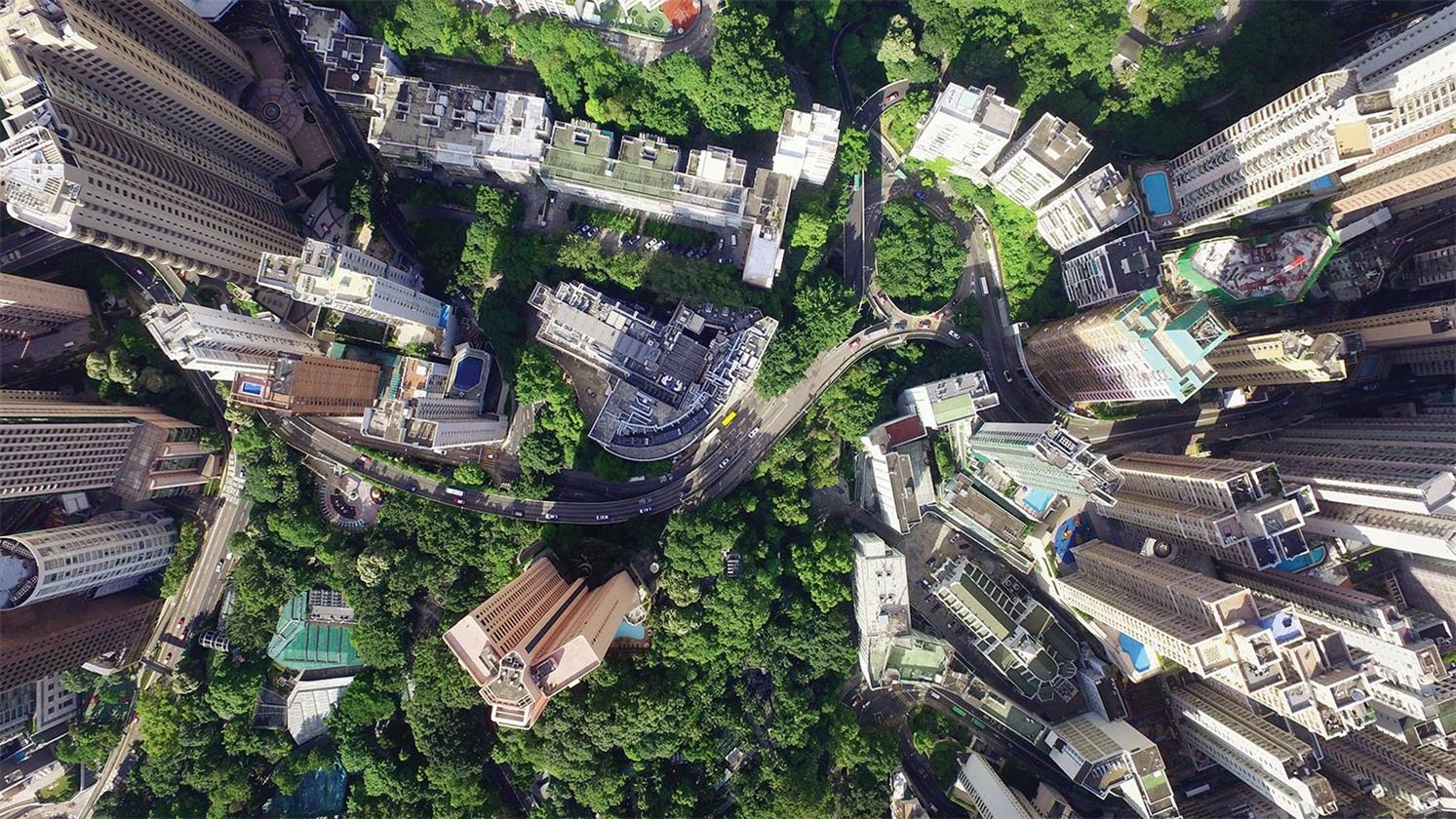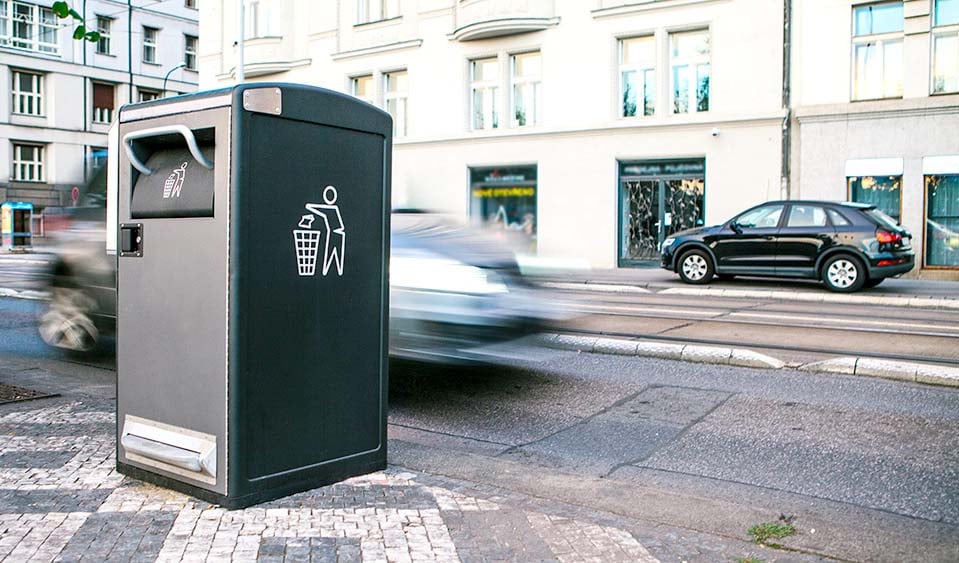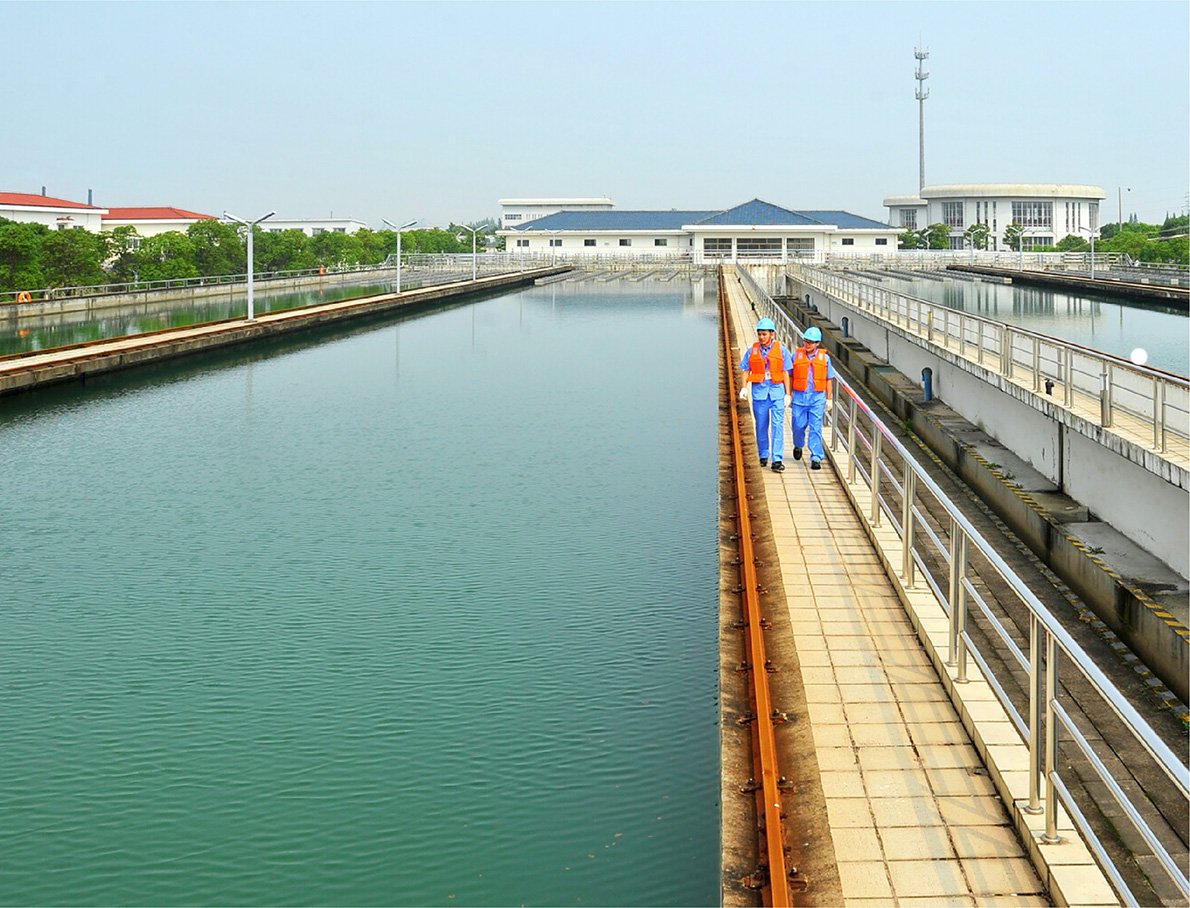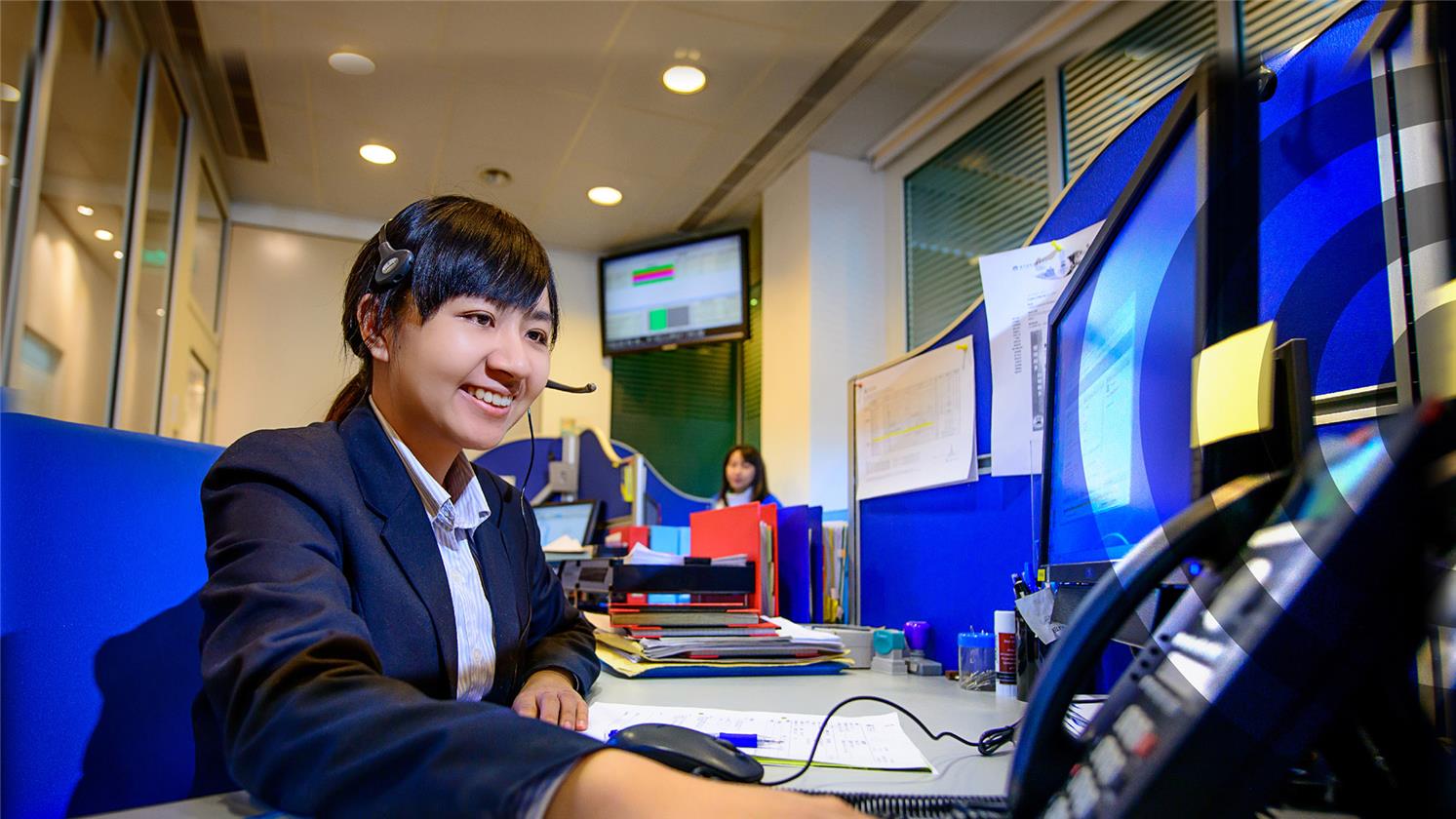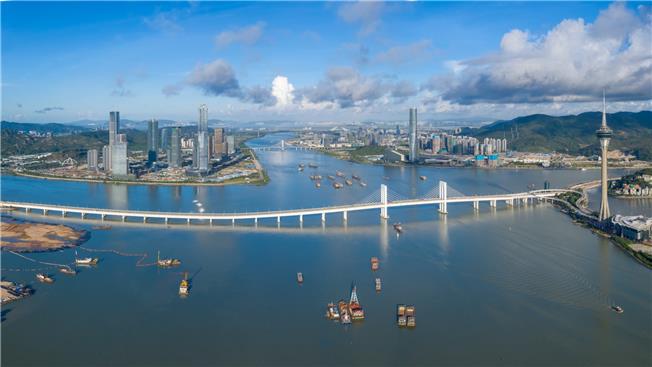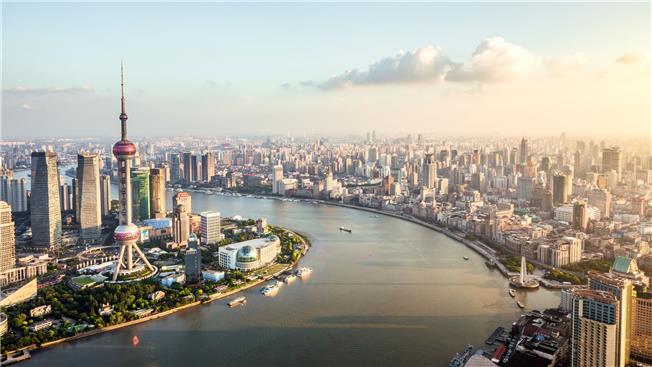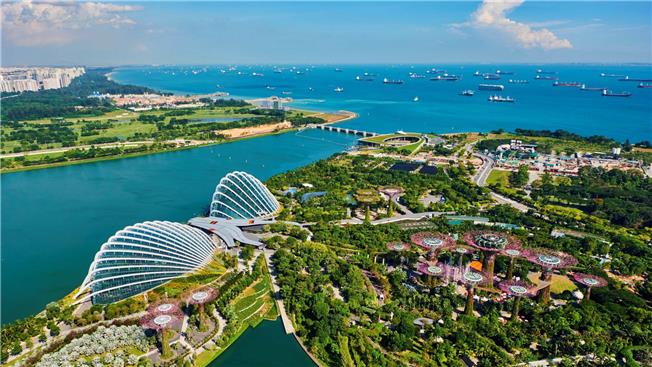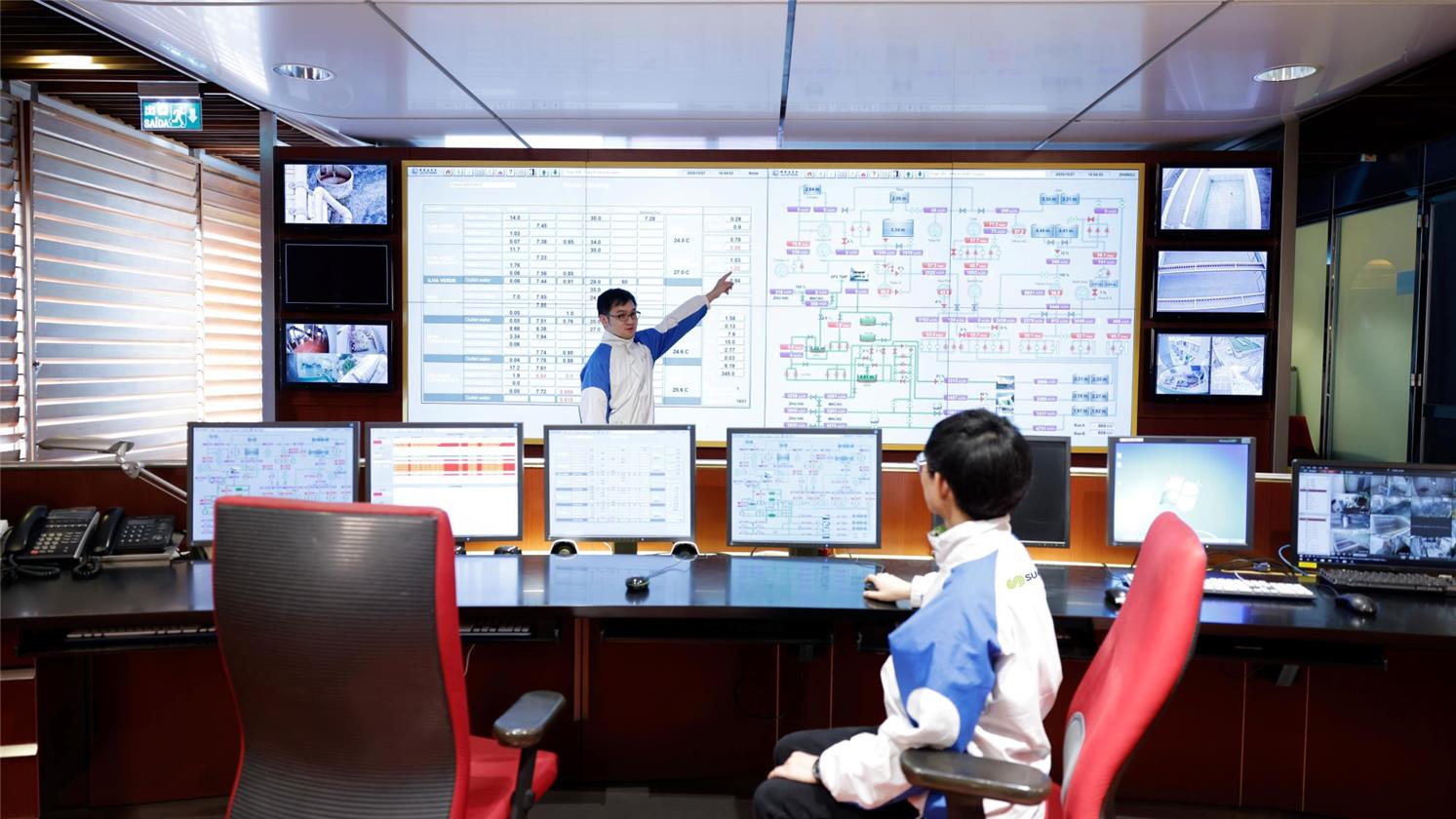
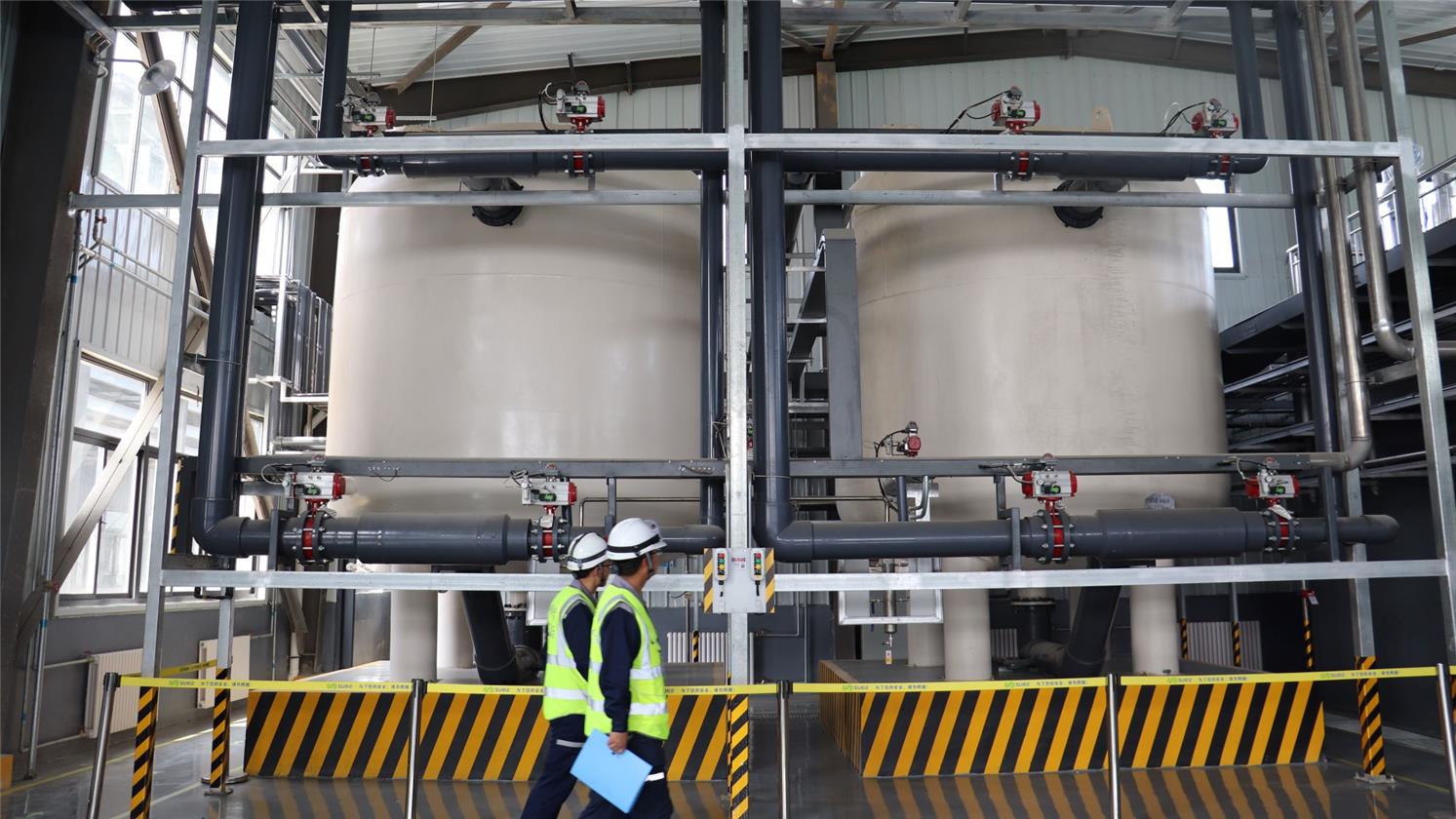
Our solutions for a sustainable management of resources
Our references
Our news
Press release
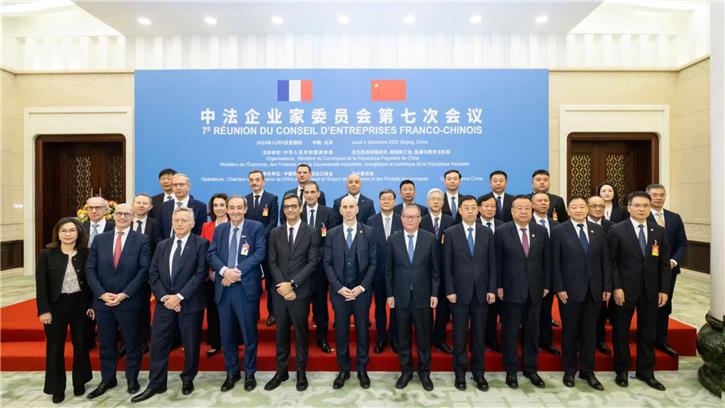
Water
Waste
SUEZ reaffirms long-term commitment to China with new collaborative initiatives in Jiangsu and Shandong provinces
On President Emmanuel Macron’s state visit to China, SUEZ signed new collaborative initiatives...
Press release
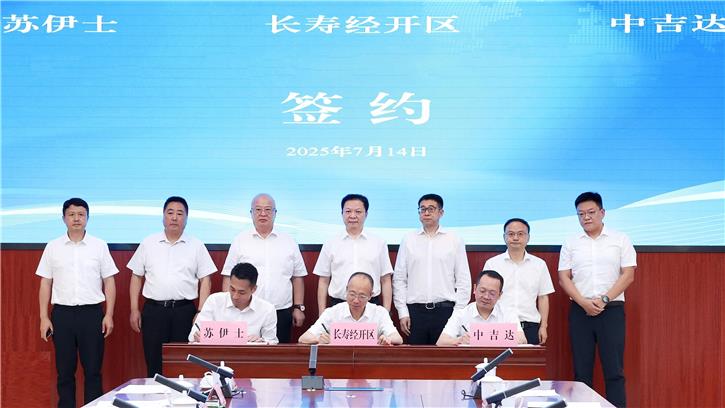
Waste
Recycling and recovery
SUEZ signs new waste project with Chongqing partners to recycle organic solvents for reuse
SUEZ and its partners1 have signed an agreement to invest approximately RMB 170 million (20.4...
Press release
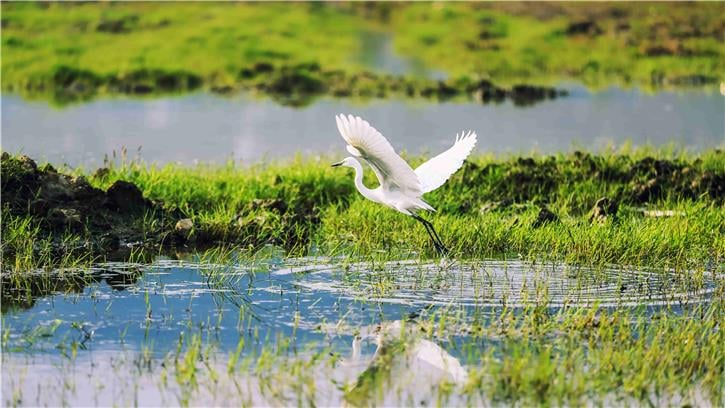
Sustainable development
World Biodiversity Day: SUEZ is committed to preserving and regenerating biodiversity in Asia and beyond, at its sites and with its customers
50% of the world’s GDP depends on services provided by nature and biodiversity. To help protect...
